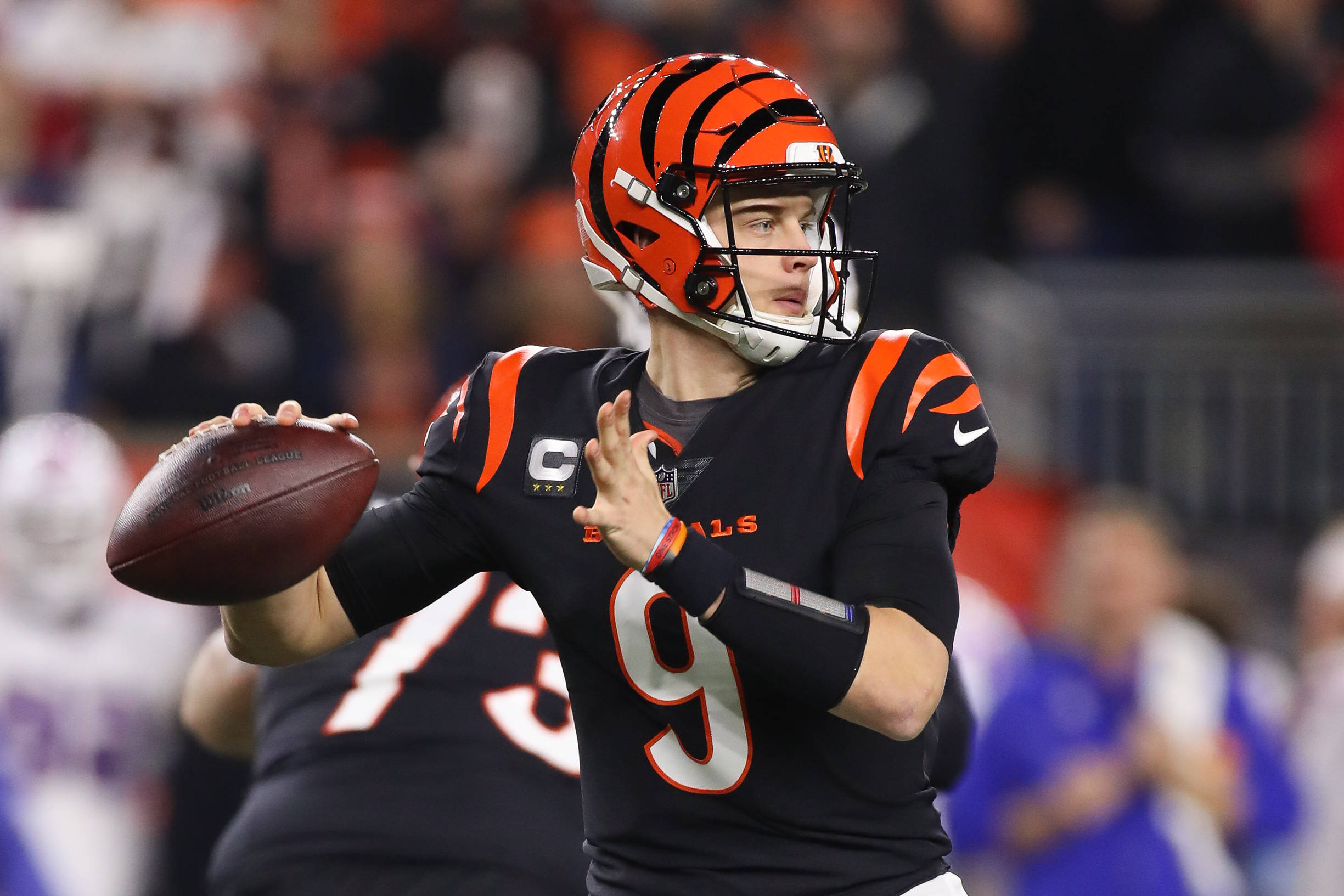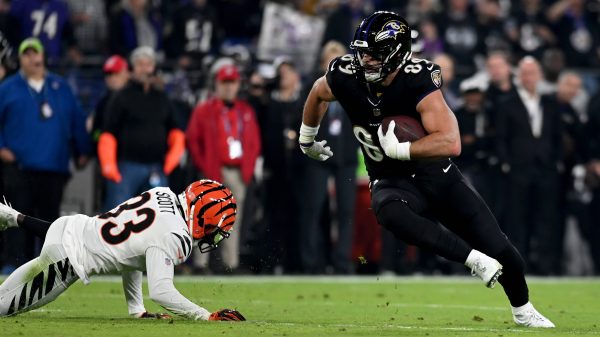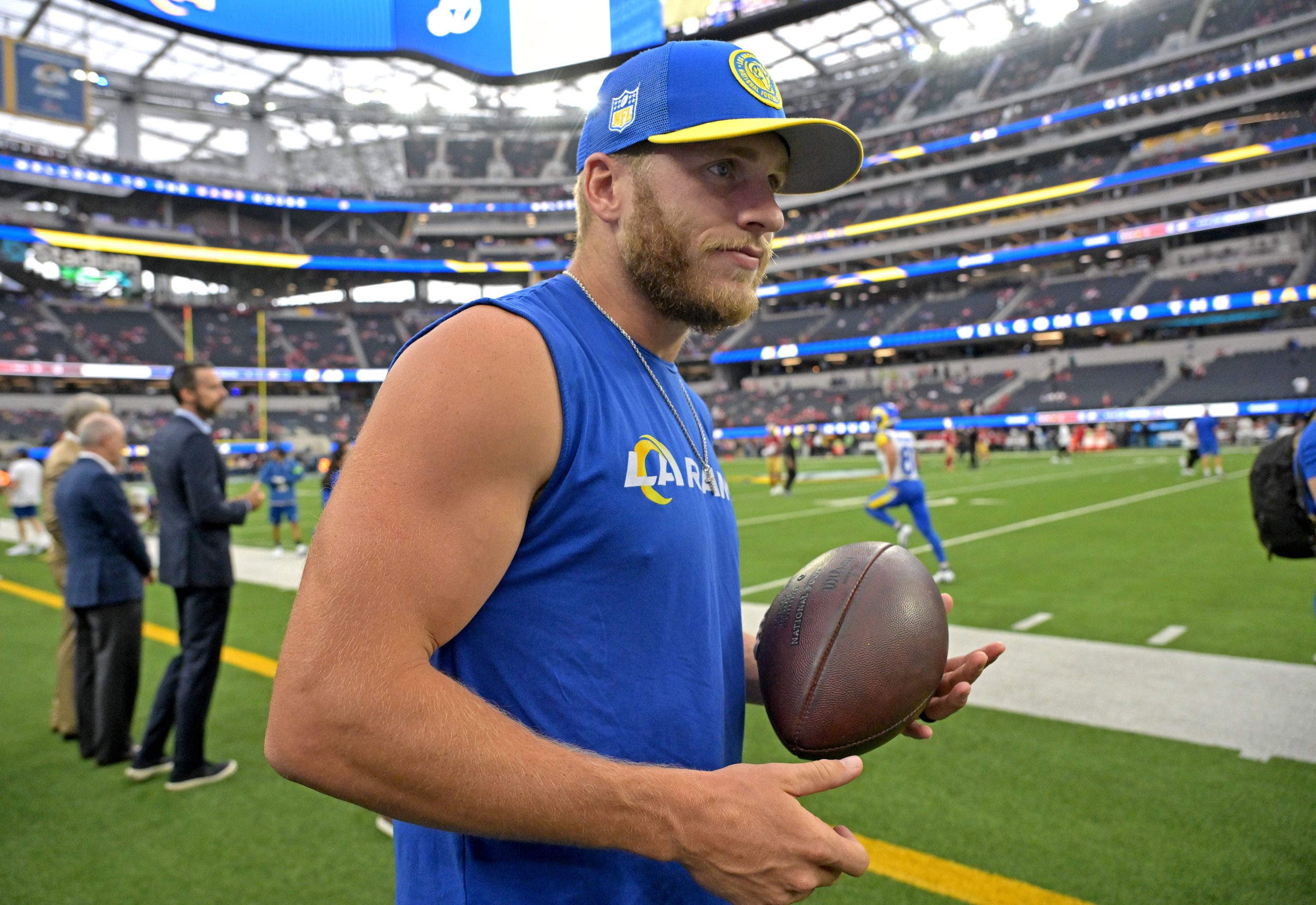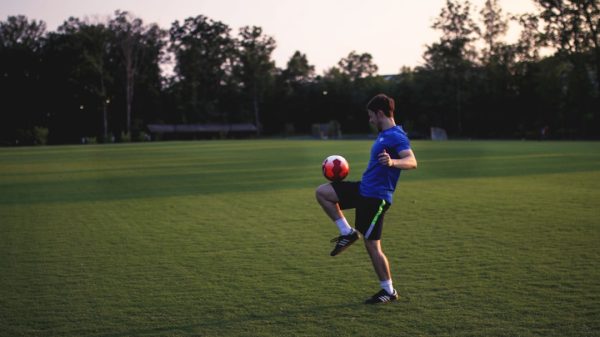The Super Bowl is the pinnacle of American sports, a spectacle that captivates millions of viewers each year. It is the championship game of the National Football League (NFL), where the two best teams from the American Football Conference (AFC) and the National Football Conference (NFC) compete for the coveted Vince Lombardi Trophy. Throughout its history, the Super Bowl has produced countless memorable moments that have become ingrained in the fabric of American sports culture. These moments have not only shaped the outcome of the game, but they have also left a lasting impact on the teams involved and the cities they represent.
Key Takeaways
- The Immaculate Reception: Franco Harris’ catch is one of the most iconic moments in Super Bowl history.
- The Greatest Comeback in Super Bowl History: The Patriots’ historic comeback against the Falcons is a testament to their resilience.
- The Catch: Joe Montana’s game-winning touchdown pass to Dwight Clark is a legendary moment in NFL history.
- The Wardrobe Malfunction: Janet Jackson’s halftime show controversy sparked a national conversation about censorship and decency.
- The Philly Special: The Eagles’ trick play in Super Bowl LII will go down as one of the most daring and successful plays in NFL history.
The Immaculate Reception: A Super Bowl Moment for the Ages
One of the most iconic moments in Super Bowl history is known as “The Immaculate Reception.” It occurred during a playoff game between the Pittsburgh Steelers and the Oakland Raiders on December 23, 1972. With just 22 seconds left on the clock and the Steelers trailing 7-6, quarterback Terry Bradshaw threw a pass that was deflected by a Raiders defender. The ball then miraculously bounced off Steelers running back Franco Harris’ hands and into his grasp, allowing him to run it into the end zone for a touchdown.
This play not only secured a victory for the Steelers, but it also marked a turning point for the franchise. Prior to this moment, the Steelers had never won a playoff game in their history. The Immaculate Reception propelled them to their first-ever Super Bowl appearance and set them on a path to becoming one of the most successful franchises in NFL history. It also had a profound impact on the city of Pittsburgh, which rallied around their team and embraced them as symbols of resilience and determination.
The Greatest Comeback in Super Bowl History: Patriots vs Falcons
Super Bowl LI, played on February 5, 2017, between the New England Patriots and the Atlanta Falcons, will forever be remembered as one of the greatest comebacks in sports history. The Falcons dominated the game for three quarters, building a seemingly insurmountable 28-3 lead. However, the Patriots, led by quarterback Tom Brady, mounted an incredible comeback in the fourth quarter, scoring 25 unanswered points to tie the game and force it into overtime.
Key plays and moments during this comeback included a touchdown pass from Brady to Danny Amendola, a two-point conversion to tie the game, and a game-winning touchdown run by James White in overtime. This victory not only solidified Brady’s legacy as one of the greatest quarterbacks of all time but also cemented the Patriots’ dynasty as one of the most successful in NFL history.
The Catch: Joe Montana’s Game-Winning Touchdown Pass
| Game | Event | Quarter | Time Left | Score |
|---|---|---|---|---|
| NFC Championship Game | The Catch: Joe Montana’s Game-Winning Touchdown Pass | 4th | 0:58 | Cowboys 27, 49ers 21 |
| 49ers 28, Cowboys 27 |
In Super Bowl XVI, played on January 24, 1982, between the San Francisco 49ers and the Cincinnati Bengals, quarterback Joe Montana delivered one of the most clutch performances in Super Bowl history. With less than a minute left in the game and the 49ers trailing 16-13, Montana orchestrated a game-winning drive that culminated in a touchdown pass to wide receiver Dwight Clark. This play, forever known as “The Catch,” propelled the 49ers to their first-ever Super Bowl victory.
The impact of this play extended beyond just one game. It marked the beginning of a dynasty for the 49ers, who went on to win four Super Bowls in the 1980s under head coach Bill Walsh and with Montana at quarterback. Montana’s ability to perform under pressure and deliver in big moments solidified his legacy as one of the greatest quarterbacks of all time.
The Wardrobe Malfunction: Janet Jackson’s Super Bowl Halftime Show
Super Bowl XXXVIII, played on February 1, 2004, between the New England Patriots and the Carolina Panthers, will forever be remembered for a controversial moment during the halftime show. Pop superstar Janet Jackson was performing alongside Justin Timberlake when a wardrobe malfunction occurred, exposing Jackson’s breast to millions of viewers. The incident sparked widespread outrage and led to increased scrutiny of future Super Bowl halftime shows.
In the aftermath of the incident, the NFL implemented stricter regulations and guidelines for halftime performances, ensuring that such incidents would not occur again. The controversy also had a lasting impact on Janet Jackson’s career, as she faced backlash and criticism from the media and the public. Despite the negative fallout, the incident remains one of the most talked-about moments in Super Bowl history.
The Philly Special: Eagles’ Trick Play for the Ages
Super Bowl LII, played on February 4, 2018, between the Philadelphia Eagles and the New England Patriots, featured one of the most daring and memorable plays in Super Bowl history. With just 38 seconds left in the first half and facing fourth down near the goal line, the Eagles decided to run a trick play known as the “Philly Special.” Quarterback Nick Foles lined up in the shotgun formation, but instead of taking a traditional snap, he shifted to the right side of the line. The ball was then snapped directly to running back Corey Clement, who flipped it to tight end Trey Burton. Burton then threw a touchdown pass to Foles, who became the first quarterback in Super Bowl history to catch a touchdown pass.
This play not only caught the Patriots off guard but also gave the Eagles a much-needed boost of momentum. They went on to win the game 41-33, securing their first-ever Super Bowl victory. The Philly Special will forever be remembered as one of the gutsiest and most successful trick plays in Super Bowl history.
The Helmet Catch: David Tyree’s Unbelievable Grab
Super Bowl XLII, played on February 3, 2008, between the New York Giants and the New England Patriots, featured one of the most improbable and iconic plays in Super Bowl history. With just over a minute left in the game and the Giants trailing 14-10, quarterback Eli Manning escaped a near sack and launched a deep pass downfield. Wide receiver David Tyree, who was tightly covered by Patriots safety Rodney Harrison, managed to make an incredible catch by pinning the ball against his helmet and securing it as he fell to the ground.
This play not only extended the Giants’ drive but also set up a game-winning touchdown pass from Manning to Plaxico Burress. The Giants went on to win the game 17-14, handing the Patriots their first loss of the season and preventing them from completing a perfect 19-0 season. Tyree’s catch will forever be remembered as one of the most improbable and clutch plays in Super Bowl history.
The Butt Fumble: A Super Bowl Blooper Revisited
While most memorable moments in Super Bowl history are associated with greatness and heroics, there are also those that are remembered for their comedic value. One such moment is known as the “Butt Fumble,” which occurred during a regular-season game between the New York Jets and the New England Patriots on November 22, 2012. Jets quarterback Mark Sanchez attempted to run with the ball but collided with his own teammate, Brandon Moore. The collision caused Sanchez to fumble the ball, which was then recovered by Patriots safety Steve Gregory for a touchdown.
The Butt Fumble quickly became an internet sensation and has since been immortalized as one of the most embarrassing plays in NFL history. It has been replayed countless times on blooper reels and has become synonymous with Sanchez’s struggles as a quarterback. While it may not have had a significant impact on Super Bowl history, it serves as a reminder that even the best athletes can have moments of embarrassment and failure.
The Music City Miracle: Titans’ Last-Second Touchdown
Super Bowl XXXIV, played on January 30, 2000, between the Tennessee Titans and the St. Louis Rams, featured one of the most thrilling and improbable plays in NFL history. With just 16 seconds left in the game and the Titans trailing 23-16, they executed a kickoff return known as the “Music City Miracle.” Lorenzo Neal fielded the kickoff and handed it off to Frank Wycheck, who then threw a lateral pass across the field to Kevin Dyson. Dyson then sprinted down the sideline for a touchdown, giving the Titans a chance to tie the game with an extra point.
While the Titans ultimately fell short in their comeback attempt, losing 23-16, the Music City Miracle will forever be remembered as one of the most exciting and dramatic plays in Super Bowl history. It showcased the resilience and never-give-up attitude of the Titans and provided a thrilling moment for fans watching at home.
The Beast Quake: Marshawn Lynch’s Epic Run
Super Bowl XLVIII, played on February 2, 2014, between the Seattle Seahawks and the Denver Broncos, featured one of the most electrifying runs in NFL history. In the first quarter of the game, Seahawks running back Marshawn Lynch took a handoff from quarterback Russell Wilson and proceeded to break multiple tackles on his way to a 67-yard touchdown run. The run was so powerful and explosive that it caused seismic activity in Seattle, leading to it being dubbed the “Beast Quake.”
Lynch’s run not only set the tone for the game but also showcased his unique combination of power and agility as a running back. The Seahawks went on to win the game 43-8, securing their first-ever Super Bowl victory. Lynch’s Beast Quake run will forever be remembered as one of the most iconic plays in Super Bowl history.
The Hail Mary: Aaron Rodgers’ Miracle Pass to Win the Game
Super Bowl XLV, played on February 6, 2011, between the Green Bay Packers and the Pittsburgh Steelers, featured one of the most dramatic and memorable plays in Super Bowl history. With just seconds left in the first half and the Packers leading 21-10, quarterback Aaron Rodgers launched a deep pass into the end zone. Wide receiver Greg Jennings managed to outjump three Steelers defenders and secure the ball for a touchdown, giving the Packers a commanding 28-10 lead.
This play not only swung the momentum in favor of the Packers but also showcased Rodgers’ ability to make clutch throws in pressure situations. The Packers went on to win the game 31-25, securing their fourth Super Bowl victory. Rodgers’ Hail Mary pass will forever be remembered as one of the most thrilling and memorable plays in Super Bowl history.
The Super Bowl has produced countless memorable moments throughout its history, moments that have become ingrained in the fabric of American sports culture. From iconic plays like “The Immaculate Reception” and “The Catch” to controversial moments like the “Wardrobe Malfunction,” these moments have shaped the outcome of games and left a lasting impact on the teams involved and the cities they represent. Whether they are moments of greatness, comedy, or sheer improbability, these plays have become part of NFL lore and will continue to be celebrated for generations to come.
Check out this article on FootballR.news that discusses the incredible comeback by the Jacksonville Jaguars against the Los Angeles Chargers. The Twitterverse exploded with excitement as the Jaguars miraculously turned the game around and secured a stunning victory. It was a moment that will go down in Super Bowl history as one of the most unforgettable plays. Read more about this epic saga here.
FAQs
What is Super Bowl Sagas?
Super Bowl Sagas is an article that relives iconic moments and unforgettable plays from past Super Bowl games.
What is the Super Bowl?
The Super Bowl is the championship game of the National Football League (NFL), played annually between the winners of the AFC and NFC conferences.
When was the first Super Bowl played?
The first Super Bowl was played on January 15, 1967.
Who has won the most Super Bowls?
The Pittsburgh Steelers and the New England Patriots have both won the most Super Bowls, with six championships each.
What are some iconic moments from past Super Bowls?
Some iconic moments from past Super Bowls include Joe Montana’s game-winning touchdown pass in Super Bowl XXIII, David Tyree’s helmet catch in Super Bowl XLII, and Malcolm Butler’s game-winning interception in Super Bowl XLIX.
What are some unforgettable plays from past Super Bowls?
Some unforgettable plays from past Super Bowls include the “Immaculate Reception” by Franco Harris in Super Bowl IX, the “Philly Special” by the Philadelphia Eagles in Super Bowl LII, and Santonio Holmes’ game-winning touchdown catch in Super Bowl XLIII.











































































































































































Recent Comments